As we look ahead to 2025, changes are on the horizon that may affect your business's payroll planning. The Social Security Administration has announced that the wage base for calculating Social Security tax will increase to $176,100 in 2025, up from $168,600 in 2024. This means wages and self-employment income above this threshold will no longer be subject to the Social Security tax. If your business employs high earners, it's essential to budget for the additional payroll costs resulting from this change.
Social Security Tax Basics
Under the Federal Insurance Contributions Act (FICA), employers, employees, and self-employed individuals are all subject to two types of taxes: one for Social Security (Old Age, Survivors, and Disability Insurance) and another for Medicare (Hospital Insurance).
While there's a cap on earnings subject to Social Security tax, there is no cap for Medicare tax. The FICA tax rate for employers will remain at 7.65% in 2025 — 6.2% for Social Security and 1.45% for Medicare, the same as in 2024.
What to Expect for 2025
For employees, the tax breakdown for 2025 will be as follows:
- Social Security tax: 6.2% on the first $176,100 of wages (max tax: $10,918.20)
- Medicare tax: 1.45% on the first $200,000 of wages
- Additional Medicare tax: 2.35% (1.45% + 0.9%) on wages exceeding $200,000 (or $250,000 for joint returns)
For self-employed individuals, the tax for 2025 will be:
- Social Security tax: 12.4% on the first $176,100 of self-employment income (max tax: $21,836.40)
- Medicare tax: 2.9% on the first $200,000 of self-employment income
- Additional Medicare tax: 3.8% (2.9% + 0.9%) on income exceeding $200,000 (or $250,000 for joint returns)
A Look Back: Social Security Wage Base History
Since the introduction of the Social Security payroll tax in 1937, the wage base has increased significantly. Initially, the base was just $3,000 and remained at that level until 1950. By 1980, it had grown to $25,900; by 2020, it reached $137,700. This gradual increase has been driven by inflation and wage growth.
Employees with Multiple Employers
If your employees have multiple jobs, they may face questions about how much Social Security tax is withheld. Can employees ask you to stop withholding once their total wages reach the Social Security wage base? No. Each employer must withhold Social Security taxes from employees' wages, even if they exceed the annual threshold. However, employees will receive a credit for any excess taxes withheld when they file their tax returns.
Looking Ahead: How We Can Help
Do you have questions about how these changes will affect your payroll tax filings or payments in 2025? Brinker Simpson is here to help. Our team can ensure your business stays compliant with the latest tax regulations and can guide you through any changes impacting your payroll. For assistance with payroll tax planning and filing, contact us today.



